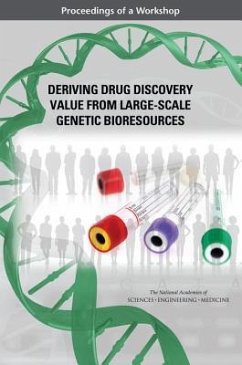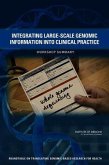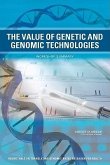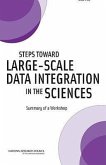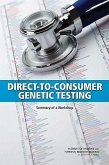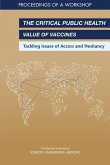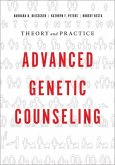The process of discovering and developing a new drug or therapy is extremely costly and time consuming, and recently, it has been estimated that the creation of a new medicine costs on average more than $2 billion and takes 10 years to reach patients. The challenges associated with bringing new medicines to market have led many pharmaceutical companies to seek out innovative methods for streamlining their drug discovery research. One way to increase the odds of success for compounds in the drug development pipeline is to adopt genetically guided strategies for drug discovery, and recognizing the potential benefits of collecting genetic and phenotypic information across specific populations, pharmaceutical companies have started collaborating with healthcare systems and private companies that have curated genetic bioresources, or large databases of genomic information. Large-scale cohort studies offer an effective way to collect and store information that can be used to assess gene-environment interactions, identify new potential drug targets, understand the role of certain genetic variants in the drug response, and further elucidate the underlying mechanisms of disease onset and progression. To examine how genetic bioresources could be used to improve drug discovery and target validation, the National Academies of Sciences, Engineering, and Medicine hosted a workshop in March 2016. Participants at the workshop explored the current landscape of genomics-enabled drug discovery activities in industry, academia, and government; examined enabling partnerships and business models; and considered gaps and best practices for collecting population data for the purpose of improving the drug discovery process. This publication summarizes the presentations and discussions from the workshop.
Hinweis: Dieser Artikel kann nur an eine deutsche Lieferadresse ausgeliefert werden.
Hinweis: Dieser Artikel kann nur an eine deutsche Lieferadresse ausgeliefert werden.

